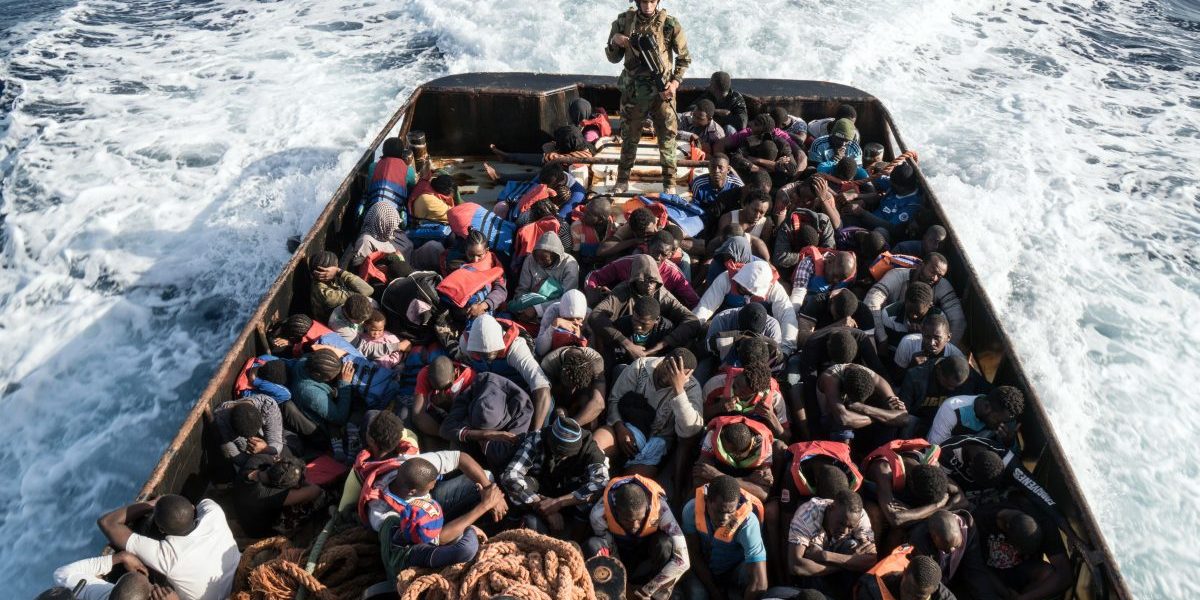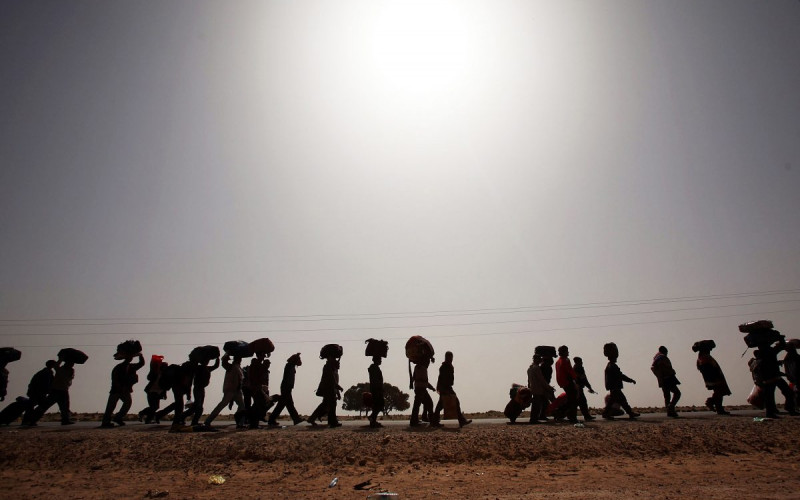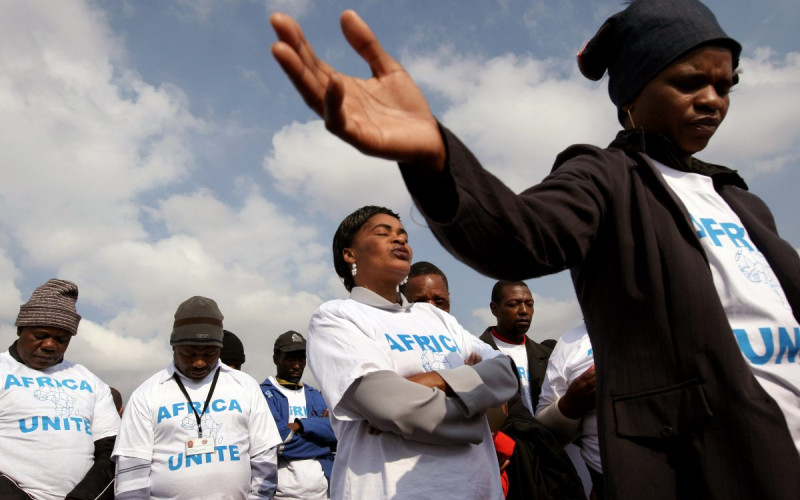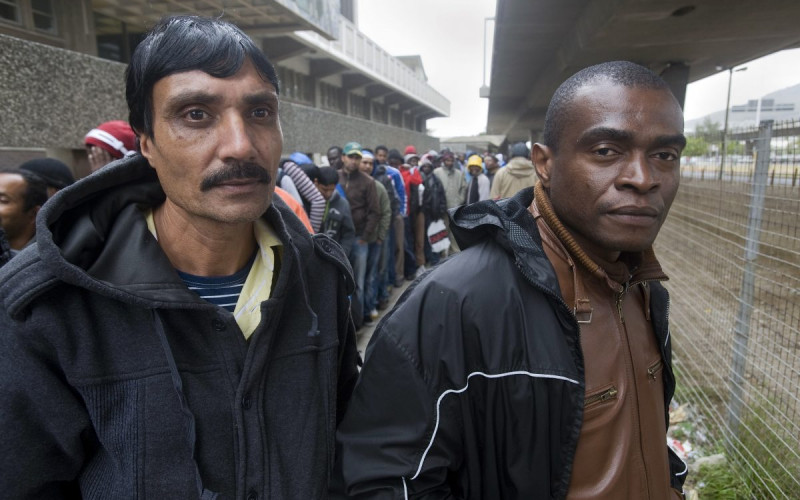Media images of dangerously overcrowded rickety boats and dead bodies washed ashore sent shockwaves across the globe. But by the end of 2016, the European Union had shut down the Mediterranean migration routes, reducing flows to Europe by 70%.
The spotlight on the ‘EU migration crisis’, and growing fear of the hoards moving to Europe has distracted African and EU policy makers from devising pragmatic ways of addressing the demographic needs of both continents. On the one hand, Africa has a growing youthful population with few prospects of employment. On the other, the EU faces acute labour shortages in the next two decades and will need workers to support its economy and welfare systems. Yet, with African leaders’ complicity, the EU policy response has been to invest millions of Euros in aid and arms packages to shut down movement within Africa, and between Africa and Europe. This containment compact may appease short-term European and African political interests, but it is unlikely to stop people from moving, or solve Africa’s deepening inequality and jobless growth.
Using data and published sources, this paper argues that without pragmatic policy agreements on migration, Africa and the EU are likely to encounter political and economic backlash that will lead to instability in both regions. Growing uncertainty around the north-south Africa-EU corridor will have far reaching global consequences. With the United States distracted, Russia’s destabilising modus operandi and China’s growing economic and political influence in Africa, the migration crisis could well result in a major shift in global geopolitics.








